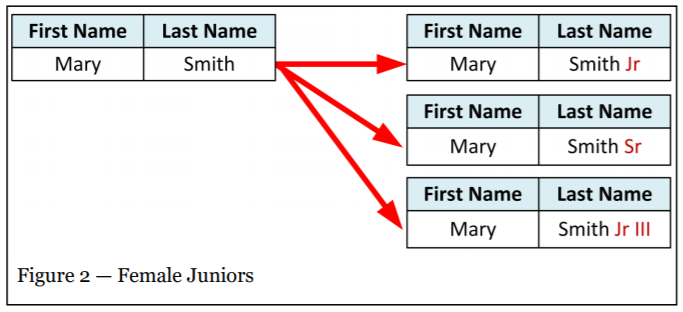FCC OIG Warns of Ongoing Lifeline Fraud
The smarter way to stay on top of the multichannel video marketplace. Sign up below.
You are now subscribed
Your newsletter sign-up was successful
Just ask Mary Smith Jr. III Esq., fraud remains a serious problem for the Lifeline program, the FCC's Office of Inspector General (OIG) said, and has issued an advisory to help identify the many ways it says the system is being gamed by carriers, agents and consumers.
FCC chair Ajit Pai has made weeding out waste, fraud and abuse in the Universal Service Program, which hands out billions in subsidies, a priority. The Lifeline program is one of those subsidies, targeted to low-income residents to insure they, too, have access to advanced communications, which increasingly means broadband.
The chairman has also proposed changes to the subsidy process, including capping the overall USF fund.
OIG said the advisory is meant to educate stakeholders about the "pervasive, fraudulent practices that violate program rules and divert monies from the intended beneficiaries of the program."
OIG's ongoing investigation of waste, fraud and abuse is in part a response to a GAO report that identified that as an ongoing problem. It still is, says OIG, and it will seek criminal and civil sanctions against fraudsters.
Related: FCC Creates Fraud Unit
OIG issued a report last year that estimated the fraud in 2017 alone at $330 million.
The smarter way to stay on top of the multichannel video marketplace. Sign up below.
Among the examples of gaming the subsidy OIG has uncovered include:
1. Name/identity manipulation. OIG found thousand of instances of female names with generational suffixes--Jr. Sr.--when that is relatively rare. In fact, there was one with Mary Smith that had even added a "Mary Smith Jr. III" so one name could be spun out to qualify for four subsidies (see graphic below).

2. Non-qualifying programs. The Lifeline subsidy is only eligible to individuals living at 135% of the federal poverty benchmark, but some have been qualified simply because they are on Medicare, which does not necessarily mean they meet that poverty standard.
3. Bring out your dead. OIG has confirmed a GAO finding that tens of thousands of deceased individuals who have nonetheless been qualified for the broadband subsidies.
And OIG is far from done, saying it has "a full roster of active investigations targeting companies and individuals who seek to defraud the Lifeline program. "
Contributing editor John Eggerton has been an editor and/or writer on media regulation, legislation and policy for over four decades, including covering the FCC, FTC, Congress, the major media trade associations, and the federal courts. In addition to Multichannel News and Broadcasting + Cable, his work has appeared in Radio World, TV Technology, TV Fax, This Week in Consumer Electronics, Variety and the Encyclopedia Britannica.

